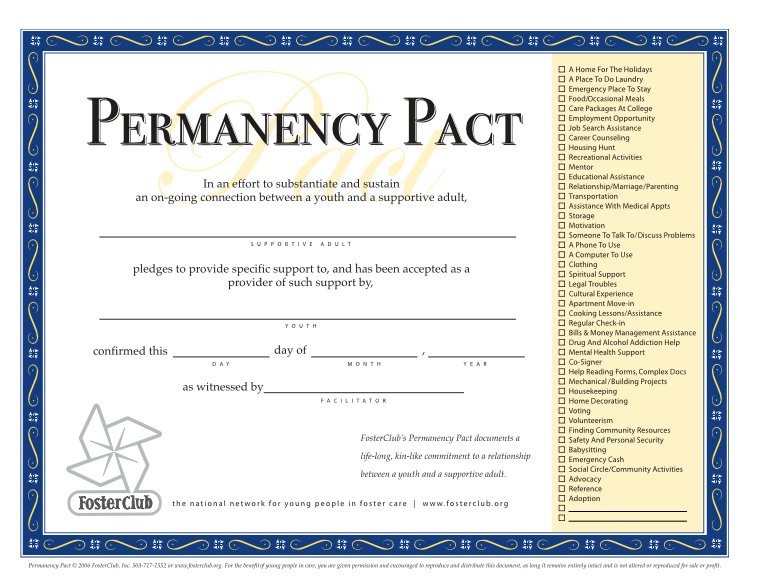PLEASE READ: We are VERY excited about this. Permanency Pacts and Transition Toolkits
We are VERY excited to introduce two new tools to help us in our work.
The Permanency Pact and the Transition Toolkit.
When we are working with the children in the homes, we are very much looking forward to them prospering after they leave the home as adults. This was the buy in from the staff from the beginning of our journey as a NPO and continues to be the challenge.
We realized when talking to the staff tasked with one of the Ambassadors (our term for aged out youth as they are no longer children and should not be called orphans. Even orphans we prefer to call Champions) that in many cases, we are the only consistency in the lives of the kids we work with from a young age. Staff come and go and the Principals of the homes retire or transfer. So, we understand the unique position we are in to develop a strong bond with the kids that can last into adulthood.
When the Ambassadors work with us, we have a checklist to understand more about where they are in life i.e. health insurance, bank accounts, birth certificates etc. We also try to make them aware of the many assets in the community which are available to them in our online Empower Village at YouMeWe https://youmewenpo.org/empowervillage and Empower International where we try to connect them with our network www.empower-village.com
IFCA (International Foster Care Association) www.ifcaseattle.org has shared with us two tools:
The Permanency Pact
Japanese
https://acrobat.adobe.com/link/track?uri=urn:aaid:scds:US:a7b53c59-480e-3933-8c79-07a9fdba96d4
English
https://acrobat.adobe.com/link/track?uri=urn:aaid:scds:US:7fdfa459-4a05-32b8-bf89-93e4ab320e4a
What’s a Permanency Pact? A pledge by a supportive adult to provide specific supports to a young person in foster care with a goal of establishing a lifelong, kin-like relationship.
Youth transitioning from foster care are often unsure about who they can count on for ongoing support. Many of their significant relationships with adults have been based on professional connections which will terminate once the transition from care is completed. It is critical to the youth's success to identify those adults who will continue to provide various supports through and beyond the transition from care. Clarifying exactly what the various supports will include can help to avoid gaps in the youth's safety net and misunderstandings between the youth and the supportive adult.
A Permanency Pact provides:
• structure and a safety net for the youth
• a defined and verbalized commitment by both parties to a long term supportive relationship
• clarity regarding the expectations of the relationship
A Permanency Pact creates a formalized, facilitated process to connect youth in foster care with a supportive adult. The process of bringing the supportive adult together with youth and developing a pledge or “Permanency Pact” has proven successful in clarifying the relationship and identifying mutual expectations. A committed, caring adult may provide a lifeline for a youth, particularly those who are preparing to transition out of foster care to life on their own.
Participants in a Permanency Pact
In addition to the two primary parties in a Permanency Pact (the youth and the supportive adult), it is recommended that a Facilitator assist in developing the Pact. The Facilitator may be a Case Worker, Independent Living Provider or other adult who:
• is knowledgeable in facilitating Permanency Pacts
• is familiar with the youth, and
• can provide insight into the general needs of the youth transitioning from care
The Supportive Adult is an adult who:
• has been identified by the youth
• has a relationship with the youth
• is willing to commit to a life-long relationship with the youth• is a positive role-model and
• is able to provide the youth with specific support on an on-going basis.
(Shawn from Michigan, FosterClub All-Star
“As I get older I am seeing the importance of family, community and peer support. Ever since I became engaged and active in my community my circle of support has expanded. My life has become so much more enriched now that I have accepted that I have a lot of people that care about me, I genuinely believe that family: peers, bio, foster, adoptive, in-laws are the most valuable thing a person can have in their life.”)
There are 45 Suggested Supports and the Japanese Version may vary but we have offered this Pact to the 6 Ambassadors who work with us now to formalize the support we already offer:
1. A home for the holidays
2. A place to do laundry
3. Emergency place to stay
4. Food/Occasional meals
5. Care packages at college
6. Employment opportunities
7. Job Search Assistance
8. Career Counseling
9. House Hunt
10.Recreation Activities
11.Mentor
12.Transportation
13.Educational Assistance
14.Relationship/Marriage/Parenting counseling
15.Assistance with Medical appointments/chaperone
16.Storage
17.Motivation
18.Someone to talk to/Discuss problems
19.A phone to use
20.A computer to use
21.Clothing
22.Spiritual support
23.Legal troubles
24.Cultural experience
25.Apartment move-in
26.Cooking lessons/Assistance
27.Regular Check-in (Daily, Weekly or Monthly)
28.Bills and Money Management Assistance
29.Drugs and Alcohol Addiction Help
30.Mental Health Support
31.Co-Signer
32.Help with reading Forms, Documents, and Complex Mail
33.Mechanical and/or Building projects
34.Housekeeping
35.Home Decorating
36.Voting
37.Volunteerism
38.Finding Community Resources
39.Safety and Personal Security
40.Babysitting
41.Emergency Cash
42.Reference
43.Advocacy
44.Inclusion in Social Circle/Community Activities
45.Adoption


